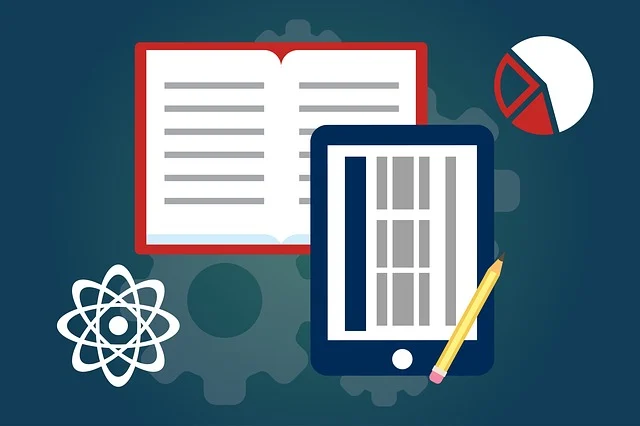The Power of LMS Meaning

The Power of LMS Meaning – The rise of eLearning has opened doors to flexible, accessible learning opportunities, and at the heart of this revolution lies a powerful tool known as a Learning Management System (LMS). But what exactly is an LMS meaning, and how does it function? This article delves into the world of LMS, exploring its core functionalities, benefits, and various applications.
Read: What Does LMS Mean?
What is LMS Meaning?
An LMS, or Learning Management System, is a software application designed to streamline the administration, delivery, and tracking of educational courses and training programs. It serves as a centralized platform for managing all aspects of the learning process, from creating and delivering content to assessing learner progress and performance.
Think of an LMS as a virtual classroom, equipped with a digital toolbox for educators and trainers. Instructors can leverage the LMS to upload course materials, such as videos, presentations, and documents. Learners can access these materials at their own pace, participate in online discussions, and complete assessments – all within the secure confines of the LMS platform.
Unveiling the Core Functionalities of an LMS
LMS systems offer a comprehensive suite of features to enhance the learning experience. Here’s a closer look at some of the key functionalities:
Content Management: Instructors can upload and manage a variety of learning materials, including documents, presentations, videos, and interactive modules. The LMS facilitates content organization, allowing instructors to structure courses in a logical and user-friendly manner.
Delivery and Accessibility: An LMS makes learning materials readily accessible to learners anytime, anywhere. Learners can access courses and complete assignments on their desktops, laptops, or even mobile devices, fostering a flexible learning environment.
Assessment and Tracking: LMS systems provide robust assessment tools, enabling instructors to create quizzes, polls, and assignments to evaluate learner comprehension. The system tracks learner progress, providing valuable insights into individual performance and areas that may require additional focus.
Communication and Collaboration: An LMS facilitates communication between instructors and learners. The platform may include features like discussion forums, chat rooms, and email integration, allowing for real-time interaction and knowledge sharing.
Reporting and Analytics: LMS systems provide detailed reports that track learner progress, completion rates, and performance on assessments. This data empowers instructors to identify areas for improvement within the course and adapt their teaching strategies accordingly.
The Advantages of Utilizing an LMS
The implementation of an LMS offers a multitude of advantages for both educators and learners. Here are some key benefits:
Enhanced Efficiency: An LMS streamlines the process of creating, delivering, and managing courses. Instructors can save time and effort by centralizing all course materials and assessments on a single platform.
Improved Accessibility: LMS systems provide learners with 24/7 access to learning materials and resources, fostering a flexible learning environment that caters to diverse learning styles and schedules.
Cost-Effectiveness: Implementing an LMS can significantly reduce training costs associated with travel, physical materials, and instructor time. Additionally, some LMS solutions offer cost-effective subscription models.
Scalability and Adaptability: An LMS can accommodate a large number of learners, making it ideal for organizations with a growing workforce or educational institutions with a large student body. The system can also be easily adapted to suit diverse training needs and curriculum requirements.
Data-Driven Insights: LMS systems generate valuable data on learner progress and performance. This data can be utilized to assess the effectiveness of courses, identify areas for improvement, and personalize learning experiences.
Applications of LMS Beyond Traditional Learning
While LMS systems are widely utilized in education and corporate training, their applications extend beyond these traditional settings. Here are some additional areas where LMS can play a pivotal role:
Compliance Training: Organizations can leverage LMS systems to deliver compliance training to employees, ensuring that they are up-to-date on essential regulations and policies.
Customer Onboarding: Businesses can utilize LMS systems to create and deliver onboarding programs for new customers, equipping them with the knowledge and skills necessary to utilize their products or services effectively.
Professional Development: LMS systems can be instrumental in providing ongoing professional development opportunities for individuals seeking to enhance their skillsets and advance their careers.
LMS (Learning Management System) stands as a powerful tool that has revolutionized the way we learn and train. By offering a centralized platform for managing all aspects of the learning process, LMS systems enhance efficiency, improve accessibility, and provide valuable data-driven insights. As technology continues to evolve, LMS solutions are poised to play an increasingly significant role in shaping the future of education and training across various sectors.






